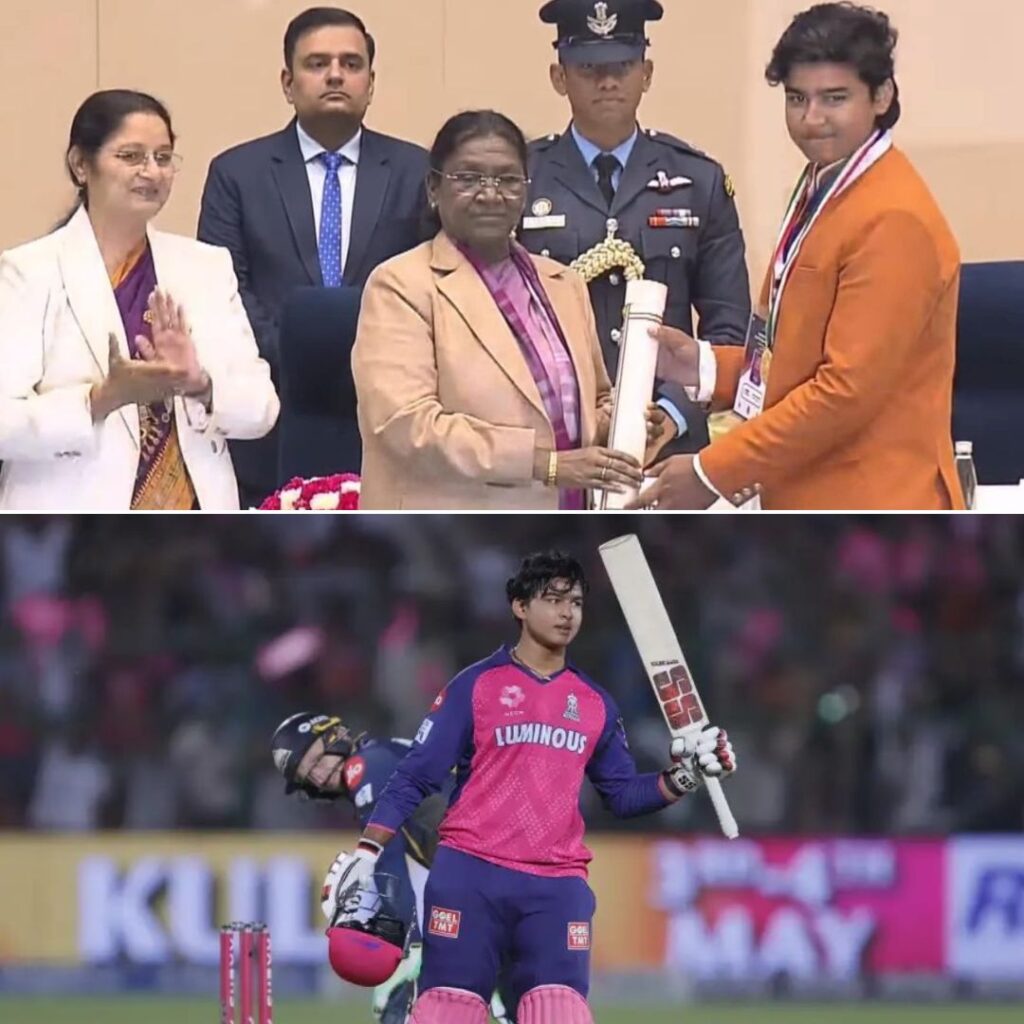Indian National Congress’ President Rahul Gandhi has promised that if voted back to power in the general elections 2019, his party would implement a minimum income guarantee (MIG) for every poor person – a spinoff of the global concept of Universal Basic Income (UBI). Even Sikkim Government is planning to roll out UBI by 2022. In this context, the following analysis examines the meaning of UBI, its merits and the feasibility of its implementation in India.
What is UBI?
UBI is an income support mechanism in which all citizens of a country receive a set amount of money on a regular basis, with no conditions. It is premised on the idea that a just society needs to guarantee each individual a minimum income, which they can count on to provide the necessary material foundation for a life with access to basic goods and dignity. The key features of UBI are – universality, unconditionality and direct transfer.
UBI eliminates targeting
UBI is characterized by universality, which means that every person is entitled to the basic income and therefore, there is no need for identification of beneficiaries. Targeting of welfare service is often less-than-satisfactory with many deserving households being excluded from receiving subsidies. When all individuals are automatically included, the exclusion error (the scope of the real poor being left out) is zero. The elimination of targeting also simplifies the program and reduces costs since means testing and income verification do not have to be undertaken. Targeted welfare schemes also require regular auditing to ensure that there is no leakage; an across-the-board basic pay would be simpler to deliver and could help counteract corruption.
Is it feasible to pay everyone?
“Rahul Gandhi makes tall promises without even knowing what needs to be done, what is the issue and what are the possible solutions for it, where is the funding going to come from, he has no awareness of it,” Minister of Information and Broadcasting Rajyavardhan Singh Rathore said.
Two frequent criticisms of universality are that the direct cost of any universal programme is high, and the fact that the poor and rich will receive the same transfer does not seem very equitable. Neither of these criticisms is strong because no serious case for UBI comes without a complementary proposal for full or partial offsetting of costs from taxes and in net terms, only those below a certain income level will receive a net transfer. But reliance on taxation for subsuming the fiscal space required for a UBI is challenging in a country like India where a mere 2.3% of the population file tax returns and about 1% pay taxes. The limited tax base limits the scope of UBI implementation. Therefore, to be practical, any UBI proposal in India would have to be scaled down to include only the poor but this would reintroduce the problem of targeting.
As per the former Chief Economic Advisor Arvind Subramanian, UBI is doable but identification of beneficiaries will remain the key challenge in implementation.
UBI is unconditional
Unconditionality means that payment of benefits is not contingent on the recipients conforming to any stipulated norms of behaviour, such as looking for jobs or having children enrolled in schools, and the problems of monitoring that this entails. Primarily, an unconditional income would serve as a sort of insurance against unemployment and thereby against poverty itself. In a precarious environment of employment where jobs are scarce, delinking income from a work requirement has an emancipatory potential. UBI provides a practical path for the psychological reorientation of life away from the mere work towards more leisurely pursuits.
Does unconditional income affect labour participation?
It is unlikely that an income independent of the job market will create a moral hazard. That free money will make people lazy and they will drop out of the labour market is a common misgiving, but such notions have been debunked by the results of the UBI pilots. For example, a study by researchers at MIT analysing data from six countries finds no systematic evidence of the impact of cash transfers on either the propensity to work or the overall number of hours worked. Instead, an unconditional basic income has been known to give workers the economic strength to choose the kind of work they want, negotiate better wages, or even to improve their marketability through further education.
UBI involves a direct payment In a UBI model, payment is made directly to the beneficiary by way of a cash transfer rather than an in-kind transfer to spend their income in any way they choose. In this regard, such a transfer can be seen as a function of individual liberty. A cash transfer treats beneficiaries as agents and entrusts them with the responsibility of using welfare spending as they see best. It also serves to restore the dignity of the poor beneficiaries who have to queue up and face awkward questions for…











